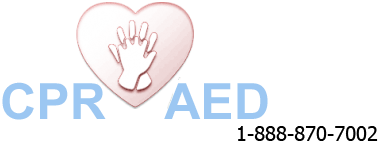WINDED (SOLAR PLEXUS SYNDROME)
When a person is ‘winded’ it means that he or she has been subjected to a sudden powerful impact to his or her abdomen. When such a collision occurs, the individual faces difficulty in breathing as he or she is considered to have been winded. WINDED Symptoms An individual suffering from this condition known as […]
WINDED (SOLAR PLEXUS SYNDROME) Read More »
